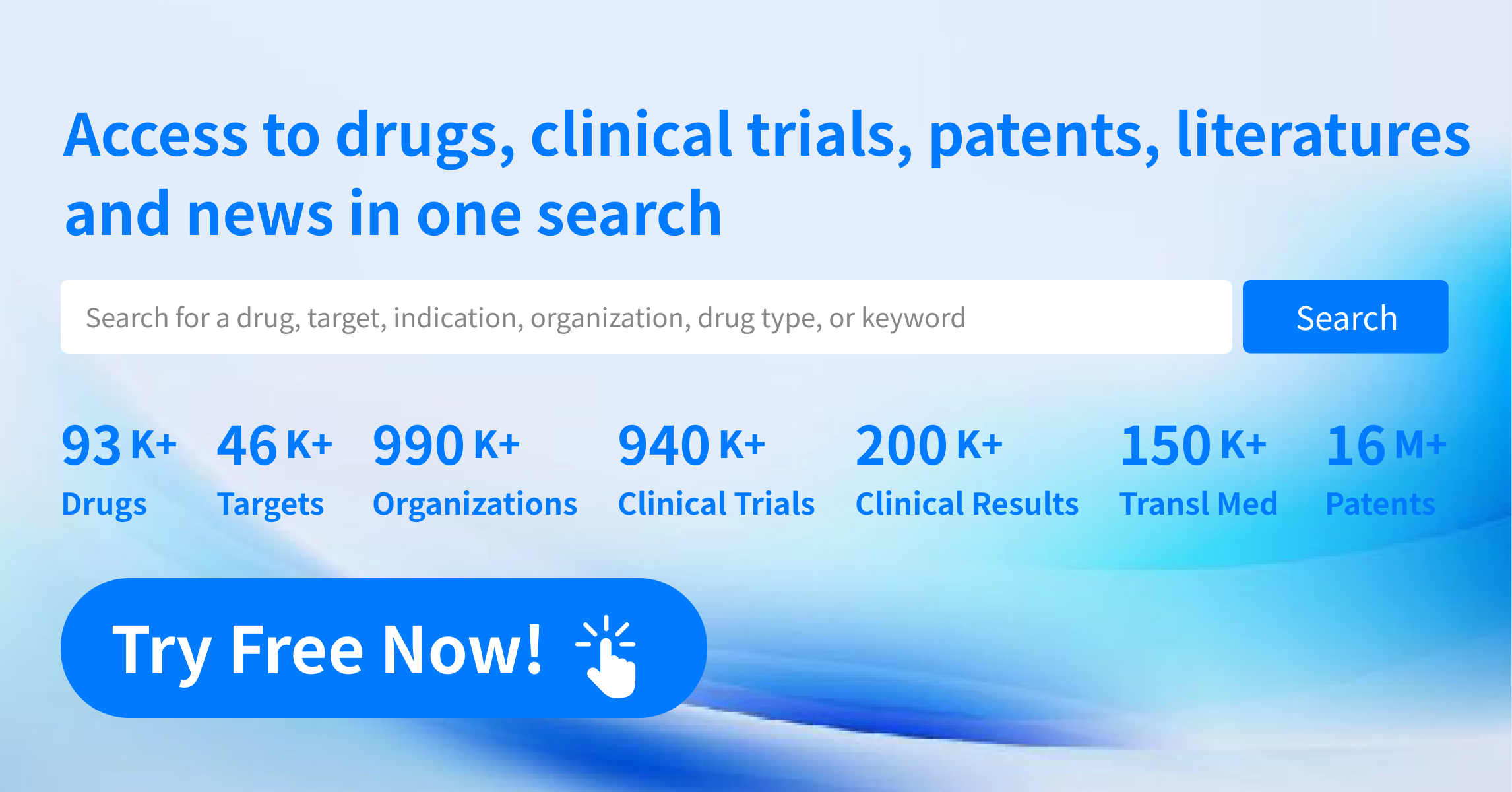Pharma Frontiers: Daily Digest of Global Pharmaceutical News – Aug 28
1.Genrix Biopharmaceutical's Anti-IL-17 Drug Xeligekimab Approved for Marketing
On August 27th, Genrix Biopharmaceutical announced that the National Medical Products Administration (NMPA) has approved the marketing of Xeligekimab injection for the treatment of adult patients with moderate to severe plaque psoriasis who are candidates for systemic therapy or phototherapy. Xeligekimab (GR1501) is a recombinant fully human anti-IL-17A monoclonal antibody. It specifically binds to the IL-17A protein in serum, blocking the interaction between IL-17A and IL-17RA, inhibiting the initiation and progression of inflammation, thereby achieving therapeutic effects in autoimmune diseases such as plaque psoriasis and radiographic axial spondyloarthritis, which are characterized by overexpression of IL-17A. Beyond the indications for moderate to severe plaque psoriasis, the company has also been accepted by the NMPA for a New Drug Application (NDA) for radiographic axial spondyloarthritis set for January 2024.
According to data published in February this year in the prestigious British Journal of Dermatology (BJD), at week 12, the proportion of patients in the Xeligekimab group achieving PGA 0/1 was significantly higher than that in the placebo group (74.4% vs. 3.6%, P<0.001), as was the proportion of patients achieving PASI 75 (90.7% vs 8.6%, P<0.001). Furthermore, the response rates for PGA 0/1 and PASI 75/90 were maintained at 52 weeks. Notably, 30.2% of patients in the Xeligekimab group achieved complete remission (PASI 100) by week 12, with 59.7% achieving it by week 52. The majority of adverse reactions were mild or moderate, with the most common including upper respiratory tract infections (14.0%), hyperlipidemia (12.1%), and injection site reactions (10.2%). The incidence of treatment-emergent adverse events (TEAEs) was similar during both the induction and maintenance phases of treatment.
2.The EU approves Roche's new generation antibody therapy PiaSky® for the treatment of PNH
On August 27th, according to an announcement from Roche, the European Commission has approved the new-generation C5 complement antibody PiaSky® (crovalimab) for the treatment of adult and adolescent patients (aged 12 and above, weighing at least 40 kg) with Paroxysmal Nocturnal Hemoglobinuria (PNH) who have not received or have previously been treated with C5 inhibitors. This approval allows PiaSky to become the first once-monthly subcutaneous (SC) injection therapy for PNH in the EU, and patients can self-administer after adequate training. PiaSky is a recyclable humanized monoclonal antibody targeting the complement protein C5, designed to block the complement system in the human immune system. The product is engineered through continuous monoclonal antibody recycling technology to bind with C5 and induce its degradation. The antibody can then be released back into the extracellular environment through binding with the FcRn receptor and can bind with other C5 proteins. Therefore, PiaSky can achieve rapid and sustained inhibition of the complement pathway at lower doses. The approval is based on the results from the Phase 3 COMMODORE 2 study, which demonstrated good disease control and tolerability with once every four-week subcutaneous injections of PiaSky in PNH patients who had not previously received C5 inhibitors. The efficacy of PiaSky is comparable to the biweekly intravenous administration of the C5 inhibitor Eculizumab (eculizumab). The incidence of adverse events in patients treated with PiaSky was similar to those treated with the active control drug (78% and 80% respectively).
3.Regeneron Announces Marketing Authorization of Odronextamab in the EU for B-Cell Malignancies
On August 26th, Regeneron Pharmaceuticals announced the European Union marketing authorization of Odronextamab for the treatment of adult patients with relapsed or refractory diffuse large B-cell lymphoma (R/R DLBCL) and follicular lymphoma (R/R FL) who have received at least two prior systemic therapies. Odronextamab represents the first bispecific antibody approved for Regeneron, offering a ready-to-use treatment option that can be administered in an outpatient setting with the potential to achieve complete remission.
Odronextamab is Regeneron-developed bispecific antibody targeting both CD20 on cancer cells and CD3 on T cells, facilitating local T-cell activation and cancer cell killing. The approval was substantially supported by positive results from the Phase I ELM-1 study and the Phase II ELM-2 study.
ELM-1 is an ongoing multicenter, open-label Phase I clinical trial designed to evaluate the safety and tolerability of Odronextamab in patients with CD20-positive (CD20+) B-cell malignancies previously treated with CD20-targeted antibody therapies, including a cohort of DLBCL patients with disease progression post-CAR-T therapy.
ELM-2 is an ongoing multicenter, open-label pivotal Phase II clinical trial that includes 375 patients across five disease-specific cohorts encompassing DLBCL, FL, mantle cell lymphoma (MCL), marginal zone lymphoma (MZL), and other B-cell non-Hodgkin lymphoma (B-NHL) subtypes. The primary endpoint of the study is the objective response rate (ORR).
Results from ELM-2 show that among 90 evaluable patients with at least second-line treated DLBCL, the ORR and Complete Response (CR) rates at 17.1 months follow-up were 53% (48/90) and 37% (33/90) respectively, with a nine-month ongoing CR rate of 73%. In the cohort of 85 evaluable FL patients who had also received at least second-line treatments, the ORR and CR rates at 17.3 months follow-up were 81% (69/85) and 75% (64/85) respectively, with a median CR duration of 18.2 months and median progression-free survival of 20.2 months.
4.Dupixent's Phase 3 Positive Results Announced for Anti-Inflammatory Therapy
On August 27, Regeneron Pharmaceuticals and Sanofi announced plans to report the pooled analysis results of their jointly developed drug, Dupixent (dupilumab), for treating Chronic Obstructive Pulmonary Disease (COPD) at the European Respiratory Society (ERS) Congress in 2024. Preliminary results demonstrate that Dupixent effectively reduces the exacerbation of COPD in patients. The pooled analysis revealed that, compared to the placebo group (n=936; p<0.0001), patients treated with Dupixent (n=938) experienced a 31% reduction in the rate of moderate or severe exacerbation of COPD over 52 weeks. Additional COPD-related data on Dupixent will be unveiled at the meeting, covering daily symptom frequency and severity, disease exacerbation, pulmonary function impact, airway obstruction, breathlessness, and exercise capacity among other metrics. Safety results are consistent with the known safety profile of Dupixent in its approved indications. In the two COPD trials, Dupixent showed a higher incidence of adverse events (≥5%) compared to the placebo group, including back pain, COVID-19, diarrhea, headache, and nasopharyngitis. Dupixent has been approved in the EU as an adjunct maintenance treatment for adult patients with COPD characterized by elevated blood eosinophils and who have not been adequately controlled. At that time, it was highlighted as the first new therapy approved in the EU for treating COPD in over a decade. Currently, the US FDA is reviewing the supplemental Biologics License Application (sBLA) for Dupixent as a treatment for COPD, with a PDUFA date set for September 27, 2024.
5.Innovative Eye Drop Therapy Akantior Receives EU Marketing Approval
On August 27th, SIFI announced that the European Commission has granted marketing authorization for Akantior (polihexanide) for the treatment of Acanthamoeba Keratitis (AK) in adolescents and adults aged 12 years and older. According to the press release, Akantior is the first therapy in Europe authorized for the treatment of AK. Akantior (0.08% polihexanide) is an anti-amoebic polymer that acts against the trophozoites and cysts of the protist Acanthamoeba. It is administered as a monotherapy in eye drop form, using single-dose container packaging. Both the European Commission and the US FDA have granted it orphan drug designation for the treatment of Acanthamoeba keratitis. Data from phase III clinical trials previously disclosed showed that 84.8% of patients treated solely with Akantior met the criteria for resolution of AK disease and associated inflammation at a median treatment duration of four months. Only 3% of treated patients required corneal transplantation during phase III clinical trials, compared to over 25% in previous studies within this patient group.
6.JW Therapeutics' Relmacabtagene Autoleucel Receives Approval for New Indication in the Treatment of Mantle Cell Lymphoma
On August 27, the official website of the National Medical Products Administration announced the approval of a new indication for JW Therapeutics' CAR-T product, Relmacabtagene autoleucel, for the treatment of adult patients with relapsed or refractory mantle cell lymphoma (MCL). This marks the fourth approved indication for Relmacabtagene autoleucel. The therapy, which targets CD19, is a CAR-T cell treatment developed by the American cellular therapy company, Juno. In April 2016, Juno and WuXi AppTec co-founded JW Therapeutics to collaboratively develop localized CAR-T and T cell receptor (TCR) therapies in China. In September 2021, Relmacabtagene autoleucel was first approved in China for use in adult patients with relapsed or refractory large B-cell lymphoma (r/r LBCL) following two or more lines of systemic therapy, including diffuse large B-cell lymphoma (DLBCL) not otherwise specified, DLBCL transformed from follicular lymphoma (FL), Grade 3b FL, primary mediastinal large B-cell lymphoma, and high-grade B-cell lymphoma with rearrangements of MYC and BCL-2 and/or BCL-6 (double/triple hit lymphoma). In October 2022, its indication was expanded to include relapsed or refractory follicular lymphoma (FL). Results from a Phase II study showed that, after three months of treatment, the objective response rate (ORR) among 42 evaluable MCL patients was 64.29%, with a complete response rate (CRR) of 54.76%.
7.Merck Initiates Phase II/III Study for Ophthalmic Tri-Specific Antibody
On August 26th, the clinical trials website revealed that EyeBiotech, which has been acquired by Merck, has initiated a Phase II/III study (BRUNELLO/EYE-RES-102) for its ophthalmic tri-specific antibody, EYE103. This study is a multicenter, randomized, double-blind, three-arm, active-controlled clinical trial with 960 participants, designed to evaluate the efficacy and safety of EYE103 (low dose/high dose) compared to ranibizumab (0.5mg) in treating patients with diabetic macular edema (DME) who have not previously received treatment. During the first year of the trial, enrolled patients will receive monthly treatments of either EYE103 or ranibizumab, followed by an adjusted personalized treatment regimen based on injection frequency in the second year. The primary endpoint of the study is the change from baseline in the best-corrected visual acuity (BCVA) score at week 52, assessed using the standardized Early Treatment Diabetic Retinopathy Study (ETDRS) chart. EYE103 (Restoret, MK-3000) is a high specificity, high affinity tri-specific antibody developed by EyeBiotech. It mimics the natural ligand Norrin, targeting the low-density lipoprotein receptor-related protein 5 (LRP5) and frizzled-4 receptor (FZD4) to activate the Wnt signaling pathway.
How to obtain the latest research advancements in the field of biopharmaceuticals?
In the Synapse database, you can keep abreast of the latest research and development advances in drugs, targets, indications, organizations, etc., anywhere and anytime, on a daily or weekly basis. Click on the image below to embark on a brand new journey of drug discovery!




